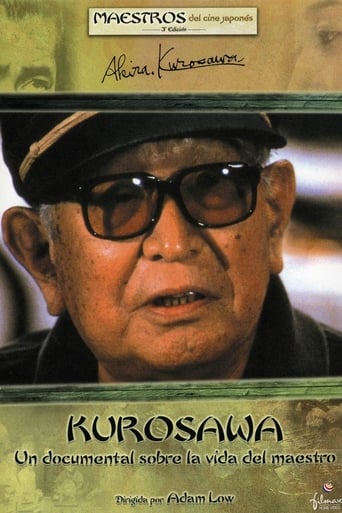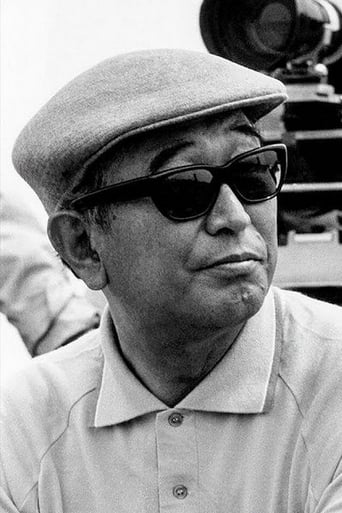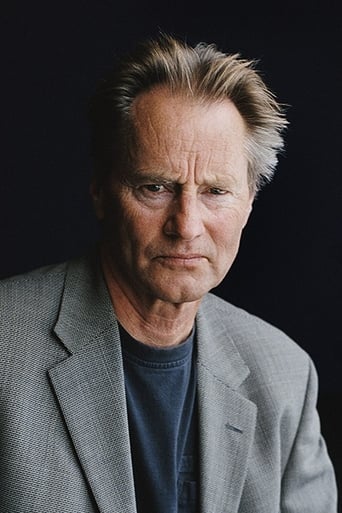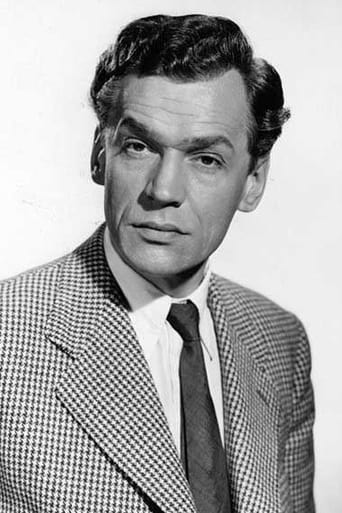

Kurosawa (2000)
Documentary on film maker Akira Kurosawa
Watch Trailer
Cast
Reviews
Lack of good storyline.
Fanciful, disturbing, and wildly original, it announces the arrival of a fresh, bold voice in American cinema.
At first rather annoying in its heavy emphasis on reenactments, this movie ultimately proves fascinating, simply because the complicated, highly dramatic tale it tells still almost defies belief.
All of these films share one commonality, that being a kind of emotional center that humanizes a cast of monsters.
There is a phrase by the experimental filmmaker Nathaniel Dorsky, who says some films are structured like a camera mounted on the head of a dog who goes down an alley, sniffing everything along the way.That's how this movie is. The structure is "Kurosawa started out as a baby, then he became a kid, then a young man, then a movie director, then he started making 'masterpieces', then he grew old, The End." The word 'masterpiece' is used a lot in this film to describe Kurosawa's output, without explaining *what* makes his films so good/great. Just because the off-screen narrator reading a script says that a film is a masterpiece, are we supposed to kiss his rear-end and accept that a certain movie is one of the great works of art of the 20th century? And one more point. The voice of Paul Scofield is used as the voice of Kurosawa, when excerpts from the director's memoirs are being read off screen. He brings pear-shaped Shakespearean tones to the text...but why him?? If you were making a documentary about Billie Holiday, would you use Dame Judi Densch as her voice????
How can a biography on Akira Kurosawa, who felt his life was devoted to the films he wrote and directed, and whose themes centered around the behavior and psychology of the characters, be justified when it fails to even mention 15 of his 32 movies, and does little more than allude to a few key periods in his life?Writer/director, Adam Low, rather than offering substantive information on Kurosawa, felt it more important to provide about 30 minutes of facts and 90 minutes of stretched out long meaningless scenes, including several of modern-day Japan, it's technological advances (do we remember what digital tv/dvd corporations were promoted here?), modern day looks at surviving cast and crew, etc. It felt like a lazy, rushed project.I would think that anyone that watches this documentary would want to walk away with some reasonable amount of insight to either his professional or personal life (if not both). It fails badly on both counts- I give this documentary 2/10 (or 1 out of 4 stars).
Spoilers herein.I'm skeptical of projects like this. A great artist is no more defined than that his work stands on its own. Kurosawa's work does. He is one of less than a half dozen people who invented film and thereby changed the way we dream.I believe in biographies of historical characters, because a convincing case can be made for history as a collection of human actions, not ideas. So it makes sense to understand some of those people in some way. But art is different. Different enough that if we talk about the life, it has to be the life of ideas.Pollock was a drunk. So what? The recent film of his life reduced his work to an unexplained obsession. What's interesting and important with that?Anyway, the rationale behind these projects, this one surely, is an appreciation of a life, despite the repeated information that he was all film and nothing else. We do get snippets of some work, but largely wrapped around some fact: his difficulties with management, his financing, the hotel room he used when writing the script. A huge `discovery' is presented when explaining that a childhood expedition to see corpses from the great earthquake is reflected in later films. Some lip service is given to his intensity and commitment. But nowhere can we find something about his ideas of visual grammar. We don't get any insight into the subjectivization of the camera, the revolution he wrought.I'm sure that this was financed with school libraries in mind, so they dumbed it down to match TeeVee notions of what biographies are all about. But I am also sure that this master would rather see a film about him, centered on the work and with no dialog at all. None, even words as well intoned as those by Shepard and Scofield.
I saw this on PBS' Great Performances. This documentary is about film genius Akira Kurosawa. The documentary charts Akira Kurosawa's early life in pre-WWII Japan to the end of his life. Kurosawa brought Japanese cinema to a world wide audience. I recommend "Kurosawa" for anyone who is an Akira Kurosawa fan.


